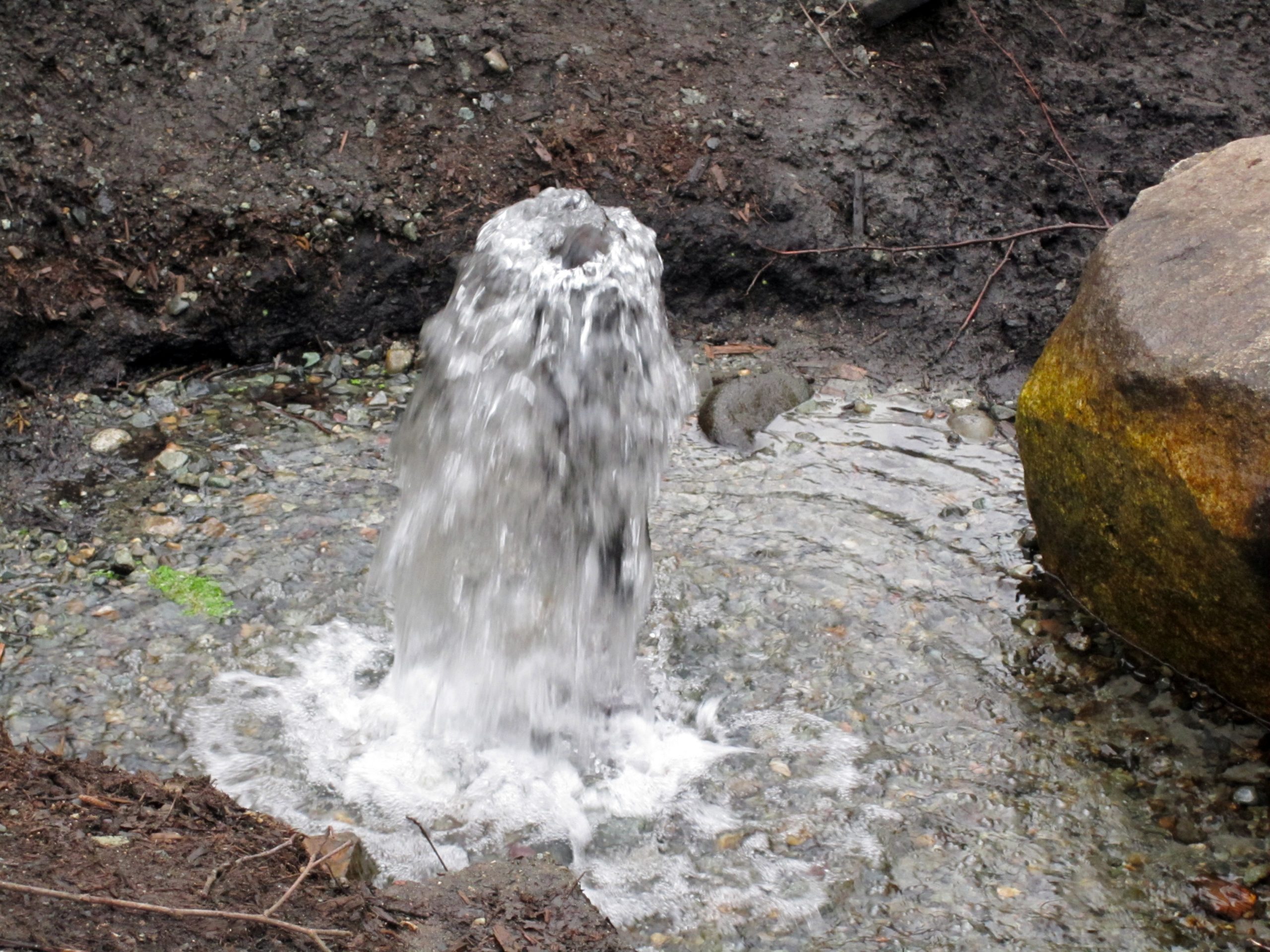
Underground Waters: The Hidden Treasure Beneath Our Feet
In our planet’s vast landscape of water resources, groundwater represents a vitally important treasure trove. These water reserves, which lie beneath the Earth’s surface, play a fundamental role in environmental sustainability, water security and human well-being. Let’s dive into the world of groundwater and explore its importance, characteristics and associated challenges.
What is groundwater?
Groundwater is water found beneath the Earth’s surface, filling the pore and fractured spaces of rocks and sediments. These water reserves are found in aquifers, geological layers that have the capacity to store and transmit water. Aquifers can vary in size and depth, from small pockets of water to vast underground systems that span entire regions. Groundwater is a vital component of the Earth’s hydrological cycle and plays a crucial role in providing water for human consumption, agriculture, industry and maintaining aquatic and terrestrial ecosystems.
Importance of Groundwater
Groundwater is of significant importance for several reasons:
- Drinking Water Supply: Groundwater is a vital source of drinking water for millions of people around the world. In many regions, wells and springs fed by groundwater are the main source of water supply for human consumption, especially in rural and semi-arid areas.
- Water Security: The availability of groundwater provides a stable and reliable source of water, especially in times of drought or surface water scarcity. This helps ensure the water security of communities and reduces their vulnerability to the impacts of climate change and other environmental factors.
- Support for Agriculture: Groundwater-based irrigation is essential for agricultural production in many parts of the world. Farmers rely on groundwater wells to irrigate their crops during periods of drought and to ensure healthy, sustainable harvests.
- Ecosystem Stability: Groundwater bodies feed a variety of aquatic and terrestrial ecosystems, including wetlands, streams and lakes. These habitats are essential for biodiversity and provide shelter and food for a wide range of plant and animal species.
- Recreation and Tourism: Springs and hot springs fed by groundwater are popular destinations for recreation and tourism. These places not only offer opportunities for relaxation and enjoyment, but also have significant cultural and historical value.
- Regulation of Climate and Water Quality: Underground aquifers act as reservoirs that regulate the flow of surface and groundwater, contributing to the stability of water systems and the maintenance of water quality in rivers, lakes and oceans.
Challenges and Threats
Despite its importance, groundwater faces a series of challenges and threats:
- Overexploitation: Excessive extraction of groundwater can lead to lowering of the water table, saltwater intrusion into coastal aquifers, and irreversible loss of aquatic habitats.
- Pollution: Groundwater contamination from human activities, such as intensive agriculture, industry and waste disposal, represents a serious threat to water quality and human health.
- Climate Change: Climate change can alter precipitation and evaporation patterns, thereby affecting groundwater recharge and availability in many regions of the world. It is essential that we become aware of the importance of preserving the environment and reducing the emission of greenhouse gases.
- Inadequate Management: The lack of regulation and adequate management of groundwater resources can lead to conflicts over water, aquifer depletion and environmental deterioration. Today there are already expert opinions that warn of the possibility of wars in the future over issues related to water exploitation.
Conclusions
Groundwater is a valuable and fragile resource that requires careful and sustainable management. To ensure the availability of clean and safe water for future generations, it is essential to protect and conserve these hidden treasures beneath our feet. From responsible water use management to adopting sustainable agricultural and industrial practices, we all have a role to play in preserving this resource vital to life on Earth.